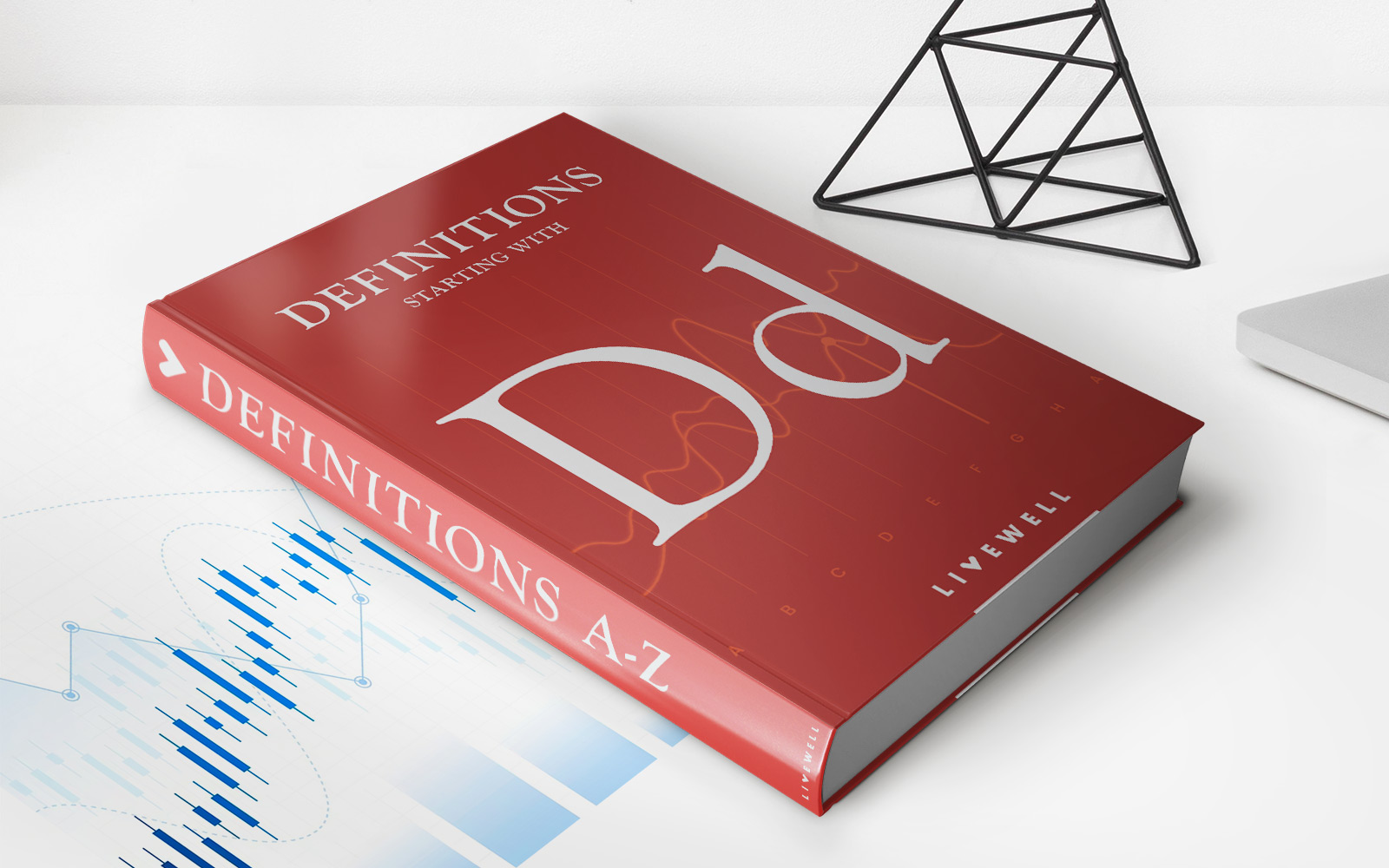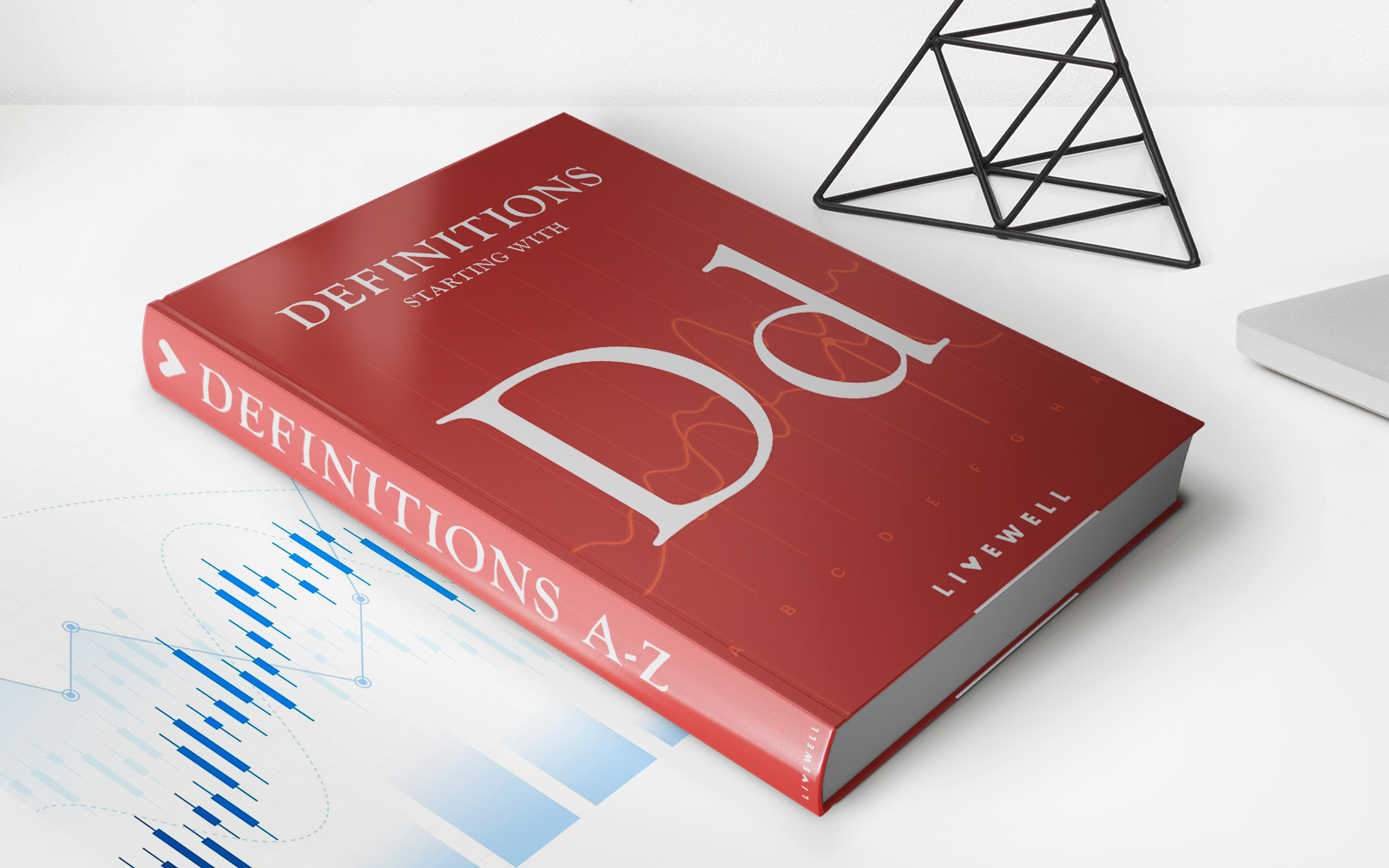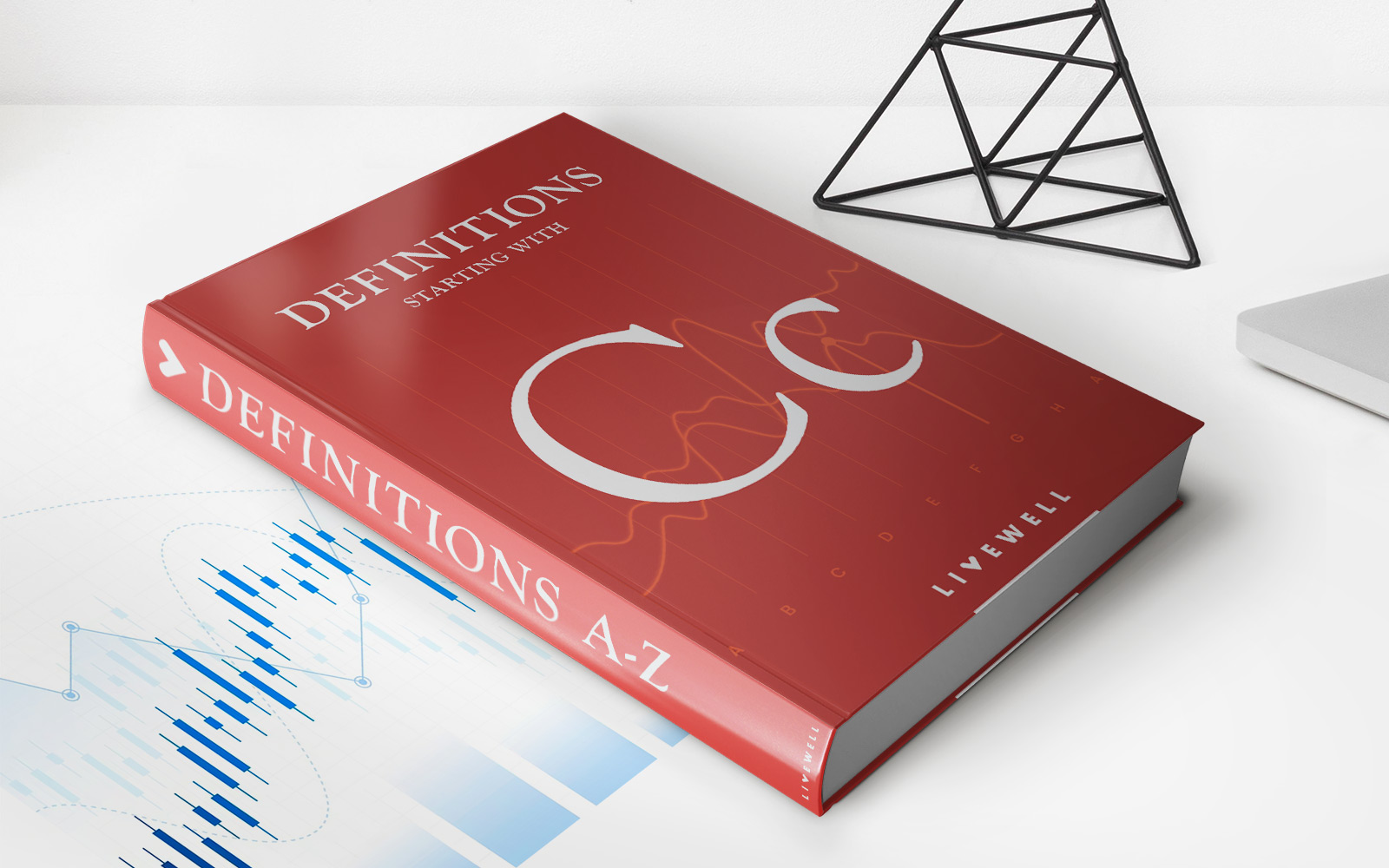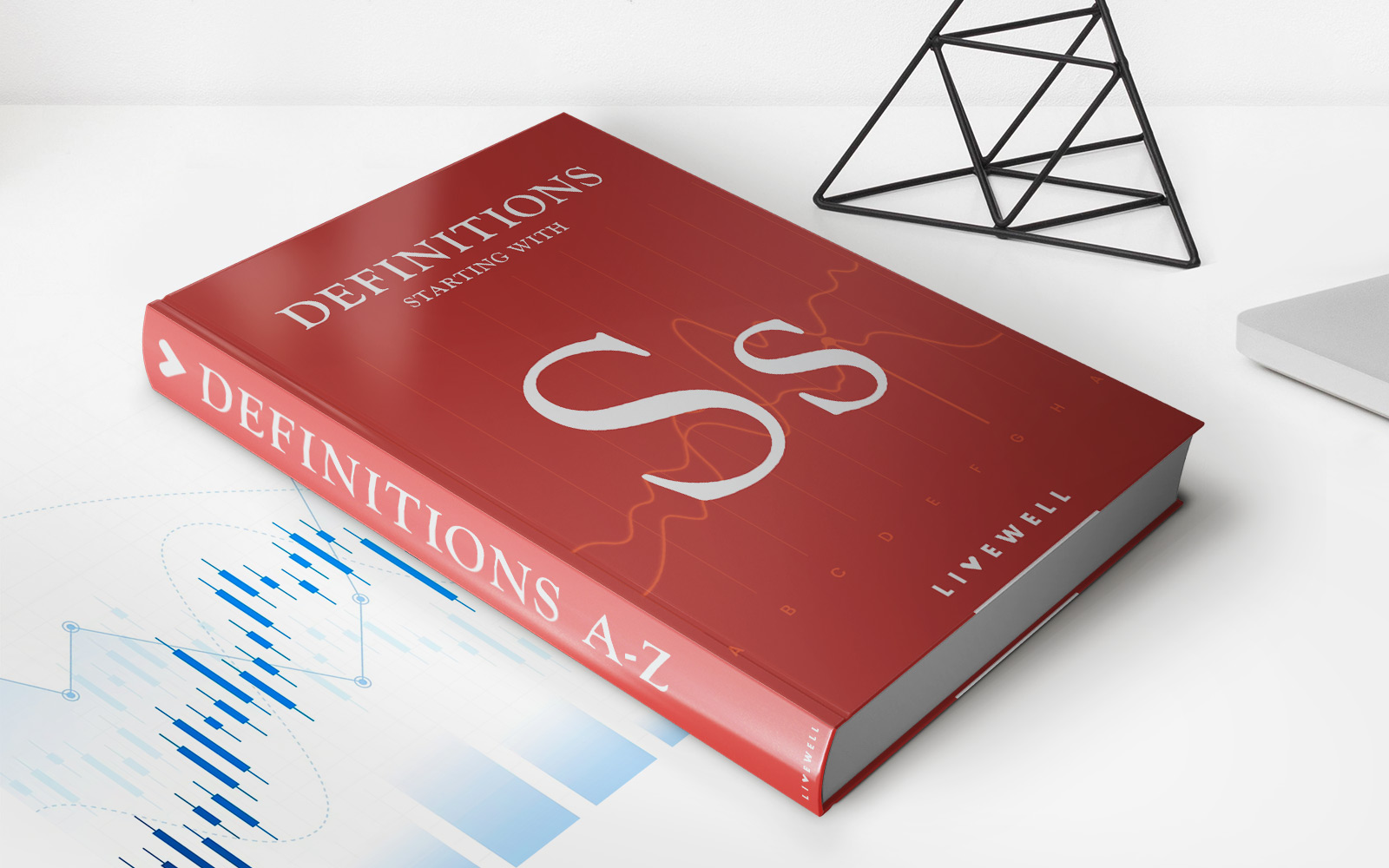Home>Finance>Cancellation Of Debt (COD) Definition, How It Works, How To Apply
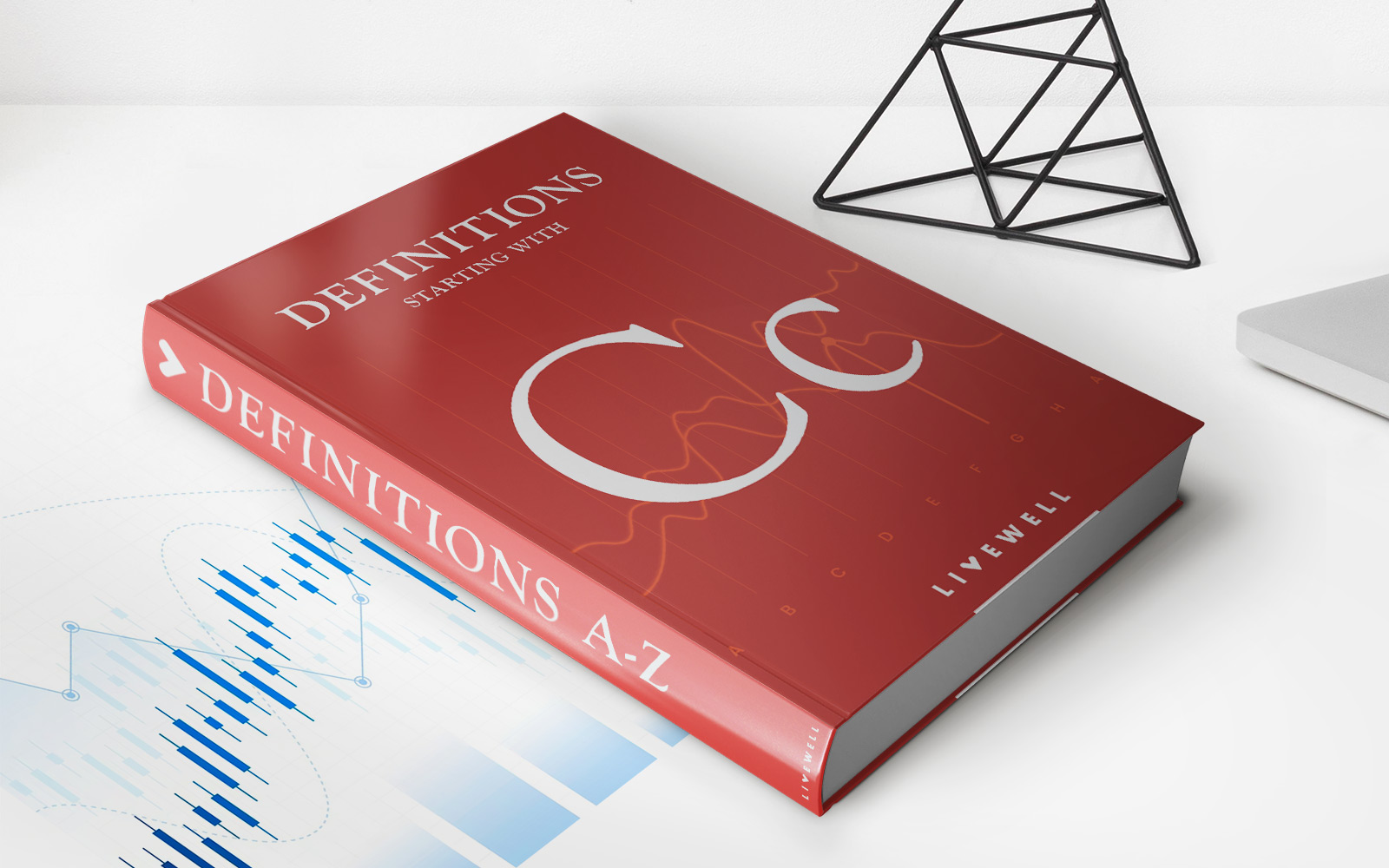

Finance
Cancellation Of Debt (COD) Definition, How It Works, How To Apply
Published: October 22, 2023
Learn about the definition, workings, and application process of Cancellation of Debt (COD) in finance. Understand how it can impact your financial situation.
(Many of the links in this article redirect to a specific reviewed product. Your purchase of these products through affiliate links helps to generate commission for LiveWell, at no extra cost. Learn more)
Welcome to our Finance Blog – Understanding Cancellation of Debt (COD)
Welcome to our Finance blog, where we aim to provide you with valuable insights and information on various financial topics. In this post, we will be discussing Cancellation of Debt (COD) – what it is, how it works, and how to apply. So, if you have been curious about this topic or are facing a debt cancellation situation, this post is for you.
Key Takeaways:
- COD refers to the forgiveness or cancellation of a debt obligation, resulting in potential tax implications.
- Understanding COD and its effects can help individuals and businesses make informed financial decisions.
Now, let’s delve into the details of Cancellation of Debt and gain a better understanding of what it entails.
What is Cancellation of Debt?
When a creditor forgives or cancels a debt obligation owed by an individual or business, it is known as Cancellation of Debt or COD. This cancellation can occur due to various reasons, such as financial distress, insolvency, or agreement between the parties involved. However, it is important to note that COD is considered taxable income by the IRS, which means individuals or businesses may be liable for paying taxes on this forgiven debt.
How Does Cancellation of Debt Work?
When a debt is canceled, the lender usually sends a Form 1099-C (Cancellation of Debt) to the IRS and the debtor. This form reports the canceled debt amount as taxable income. The debtor is then required to include this amount in their annual tax return, potentially resulting in a higher tax liability. However, certain exceptions and exclusions may apply depending on the circumstances, such as insolvency or bankruptcy.
If you find yourself in a situation where your debt is canceled, it is important to consult with a tax advisor or a financial professional who can guide you through the process and help you understand your tax obligations or any potential exemptions you may qualify for.
How to Apply for Cancellation of Debt?
The process of applying for COD varies depending on the situation and the parties involved. If you are experiencing financial hardship or believe you qualify for COD, here are some steps you can consider:
- Contact your creditor: Discuss your financial situation with your creditor and express your inability to fulfill your debt obligation.
- Seek professional advice: Consult with a financial advisor or tax professional who can guide you through the COD process and provide insights into potential tax implications.
- Understand your options: Explore alternatives to debt cancellation, such as debt restructuring or negotiating a more manageable payment plan.
- Document everything: Keep records of all communication, agreements, and any supporting documents related to your COD situation.
Remember, each case is unique, and seeking professional assistance is crucial for understanding the specific requirements and implications related to your situation.
Conclusion
Cancellation of Debt can be a complex and potentially challenging aspect of financial management. Understanding how COD works and the potential tax implications is essential for making informed decisions and navigating this process successfully. By consulting with experts and exploring your options, you can better manage your financial situation and minimize the impact of COD on your overall financial well-being.
